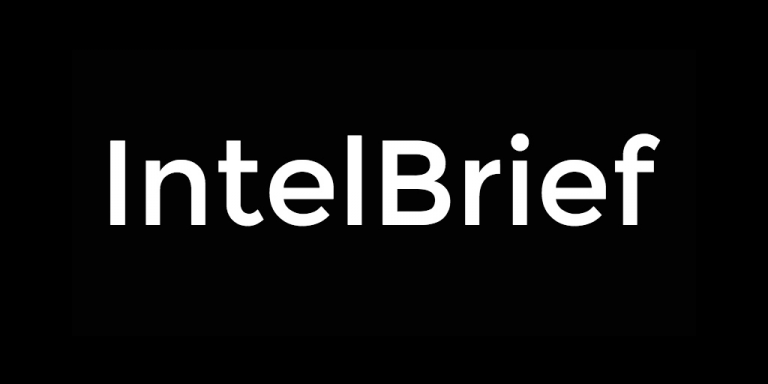INTELBRIEF
July 18, 2017
TSC IntelBrief: No Justice for MH17

• Three years ago, Russia-supported separatists fired a Russian BUK missile, downing flight MH17 over eastern Ukraine.
• While an international criminal investigation has determined these facts, Russia uses fabricated or dismissive stories to deny its role.
• In many ways, MH17 was a precursor to today’s fake news phenomenon, with bot-driven internet trolls, alternative realties, and Russia again playing a leading role.
• Without U.S. and EU sanctions to punish Russia over its actions in Ukraine, and elsewhere, the international community would have few tools to deter further Russian aggression.
On July 17, 2014, an advanced mobile surface-to-air missile system that had been brought over the border from Russia sat in a field south of the Ukrainian village of Snizhne. The missile system was a Russian Buk 332 (BUK), of the Russian Army’s 53rd Anti-Aircraft Missile Brigade. Russia-supported separatists then fired a missile that brought down Malaysia Airlines Flight 17 (MH17), killing all 298 people on board. Within two weeks, the basic facts of the crime were known, prompting the EU and the U.S. to impose sanctions on various Russian institutions, while the investigations continued. The facts of the case were determined through an exhaustive international investigation, led by the Dutch, who had lost 196 citizens in the incident.
From the beginning, the Russian disinformation campaign against the investigation was intense. Social media bots and trolls tried to shape public opinion through conspiracy theories and relentless messaging, while Russian intelligence services were hacking files and accounts belonging to the Dutch Safety Board investigative team. On July 21, 2014, the Russian Ministry of Defense held a press conference to deny growing accusations that Russia-supported separatists were responsible for downing MH17, and that they had used a Russian BUK missile system. The press conference included statements, as well as radar and satellite imagery that were repeatedly and definitively proven to be false, misleading, or fabricated.
The Dutch investigative team, which includes prosecutors and investigators from Malaysia, Belgium, Ukraine, Australia, as well as the Netherlands, announced it would try eventual suspects in Dutch court. The Netherlands and other countries preferred to use a United Nations (UN) tribunal, given the international nature of the mass murder, but Russia has continued to block any such action. The Dutch team has not yet identified specific individuals for prosecution, and Russia will not extradite its citizens at any rate. However, an open-source investigation by Bellingcat, a well-respected research organization, does name two individuals as suspects based on radio communication and other evidence.
Russian denials veered from the impossible to the improbable before settling on ‘no further comment’. When presented with verified evidence that the BUK system (also known as an SA-11) was in fact a Russian Buk 332 of the 53rd Anti-Aircraft Missile Brigade, the Kremlin dismissed it all as simply ‘fake’ and declared the matter closed. This strategy—of denying the reality of a situation, shaping opinion by bringing fringe beliefs into the mainstream through relentless social media bot and troll campaigns, and hacking into opponents’ files and networks—mirrors the strategy Russia would later use to interfere in the 2016 U.S. election. It is a strategy that Russia continues to use effectively, largely without repercussions.
The initial sanctions imposed by the EU and the U.S. in late July of 2014 were significant, but not enough to change Russia’s support of Ukrainian separatists. Despite the international efforts to achieve justice for the victims of MH17, Russia has yet to account for its role in the crime, or even to cooperate in the multi-year investigation that followed. Rather, Russia has built upon the reality-denying strategy of its illegal annexation of Crimea, the first such land grab in Europe since the end of World War Two. It has now perfected the art of building alternative realities fueled by the consistent and blatant denial of facts. So far, at least in the minds of Russia's supporters, Moscow's denials seem to withstand all evidence presented otherwise.
Despite their limited effect, EU and U.S. sanctions have been essentially the only tool for the international community to punish or deter Russia’s actions in Ukraine and elsewhere. Given the Trump administration’s uncertain posture toward Russia, there is concern that the administration may ultimately weaken these sanctions, which may lead Europe to do the same. In such a scenario, the international community would have few effective measures to punish Russia’s aggression in Europe, or to deter its ongoing orchestrated campaigns of hacking and disinformation. The lack of repercussions for Russia’s aggressive actions all but guarantees that Russia will increase its efforts, given the low-risk/high-reward nature of its current strategy.
.
.
.
For tailored research and analysis, please contact: info@thesoufancenter.org
.